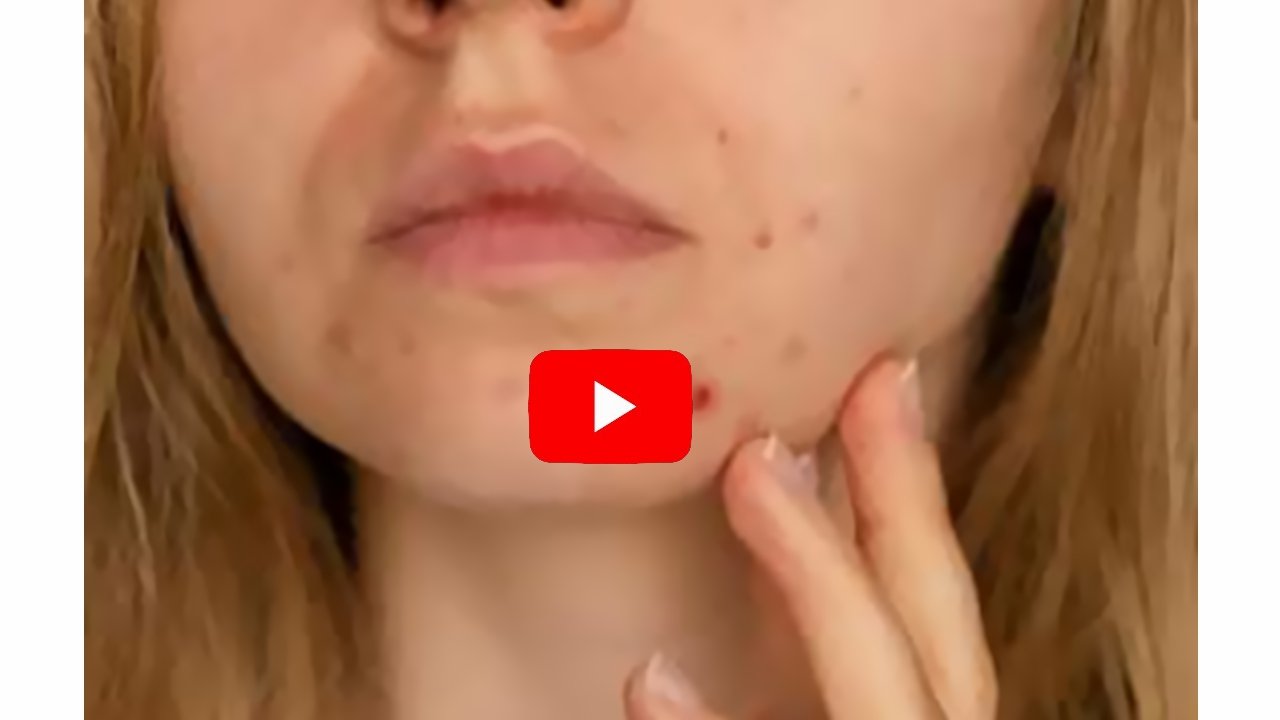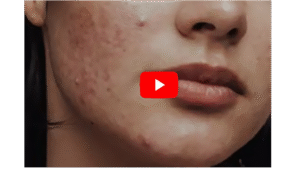Understanding the Causes of Acne
Acne: A Global Skin Concern
Acne is a widespread skin disorder affecting millions worldwide, transcending age, gender, and ethnicity. Its visible effects—pimples, blackheads, and cysts—are just the surface of a complex interplay of internal and external factors.
The Biological Roots of Acne
At its core, acne develops when hair follicles become clogged with oil and dead skin cells. However, several underlying factors contribute to this process:
Hormonal Influences
Hormonal fluctuations, especially during adolescence, pregnancy, or menstrual cycles, can stimulate excess sebum production. This oil buildup creates an environment conducive to bacterial growth and inflammation, leading to breakouts.
Genetic Predisposition
Your genes can significantly influence acne susceptibility. Individuals with a family history of acne often have larger sebaceous glands or a higher likelihood of oily skin, making them more prone to developing acne.
Lifestyle Factors
Daily habits also play a role. Nutrition, stress, and skincare routines can either aggravate or mitigate acne severity. For example, high stress levels can alter hormone balance, while certain dietary choices or comedogenic products may trigger outbreaks.
Holistic Understanding
Recognizing that acne is influenced by a combination of hormonal, genetic, and lifestyle factors is crucial. This understanding allows for more effective, personalized treatment strategies that target the root causes rather than just the symptoms.
Achieving Clear Skin: A Holistic Approach
Internal Factors: Nutrition and Lifestyle
Clear skin begins from within. A balanced diet rich in vitamins, minerals, and antioxidants provides the essential nutrients that support skin repair, elasticity, and resilience. Regular physical activity not only boosts circulation but also helps reduce stress, a key contributor to acne flare-ups.
External Factors: Skincare Routine
Maintaining a consistent skincare regimen is crucial. Core practices include:
-
Cleansing: Removes dirt, oil, and pollutants without stripping natural moisture
-
Exfoliating: Helps prevent clogged pores and promotes cell turnover (done moderately)
-
Moisturizing: Keeps the skin hydrated while protecting its barrier function
Selecting gentle, non-comedogenic products prevents irritation and minimizes the risk of breakouts, while avoiding harsh chemicals or aggressive scrubs ensures skin integrity.
Additional Skin-Supporting Habits
Hydration and proper rest are often overlooked but essential for skin health. Drinking plenty of water helps flush out toxins, while sufficient sleep allows the body to repair and regenerate skin cells, promoting a radiant complexion.
Integrative Approach
By combining nutrition, exercise, consistent skincare, hydration, and sleep, you address both the internal and external factors that influence acne. This multi-faceted approach creates a sustainable pathway toward healthier, clearer skin.
✅ Struggling with acne? Discover the 2 natural solutions I personally recommend:
👉 Get Ninja Health Now — Launch Your Health Site in 60 Seconds
Scientific Skincare: Evidence-Based Acne Solutions
The Role of Dermatology in Skincare
Advancements in dermatology have revolutionized our understanding of skin health. Modern scientific skincare emphasizes the use of products and treatments backed by research, ensuring that each step in your routine provides measurable benefits.
Key Acne-Fighting Ingredients
Salicylic Acid
Salicylic acid works by exfoliating the skin and unclogging pores, effectively preventing the buildup of dead skin cells that contribute to acne formation.
Benzoyl Peroxide
Benzoyl peroxide combats acne by reducing bacteria and inflammation, targeting one of the primary culprits behind breakouts.
Retinoids
Derived from vitamin A, retinoids enhance cell turnover, preventing clogged pores and promoting smoother, healthier skin.
Personalized Skincare Guidance
Consulting a dermatologist is crucial for tailoring treatments to individual needs. A professional can assess your skin type, acne severity, and sensitivities, ensuring that the chosen products and procedures are both safe and effective.
Evidence-Based Approach
By combining scientifically validated ingredients with professional guidance, you can build a skincare regimen that not only targets acne but also supports long-term skin health, offering a sustainable path to clearer, healthier skin.
✅ Struggling with acne? Discover the 2 natural solutions I personally recommend:
👉 Get Ninja Health Now — Launch Your Health Site in 60 Seconds






